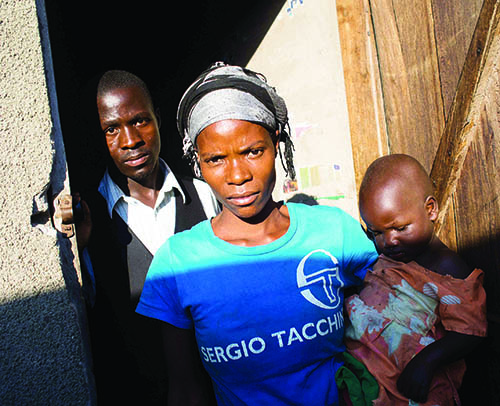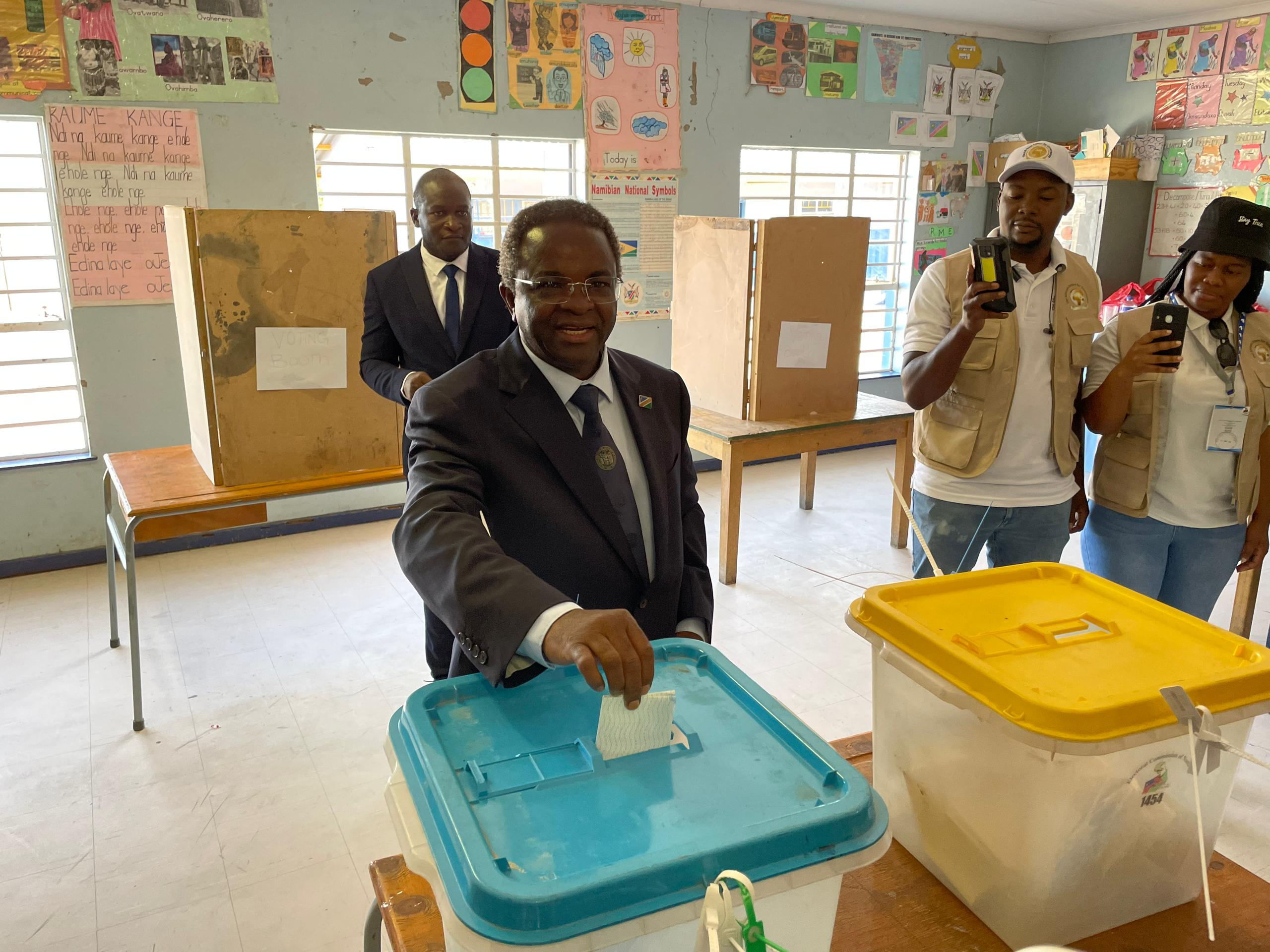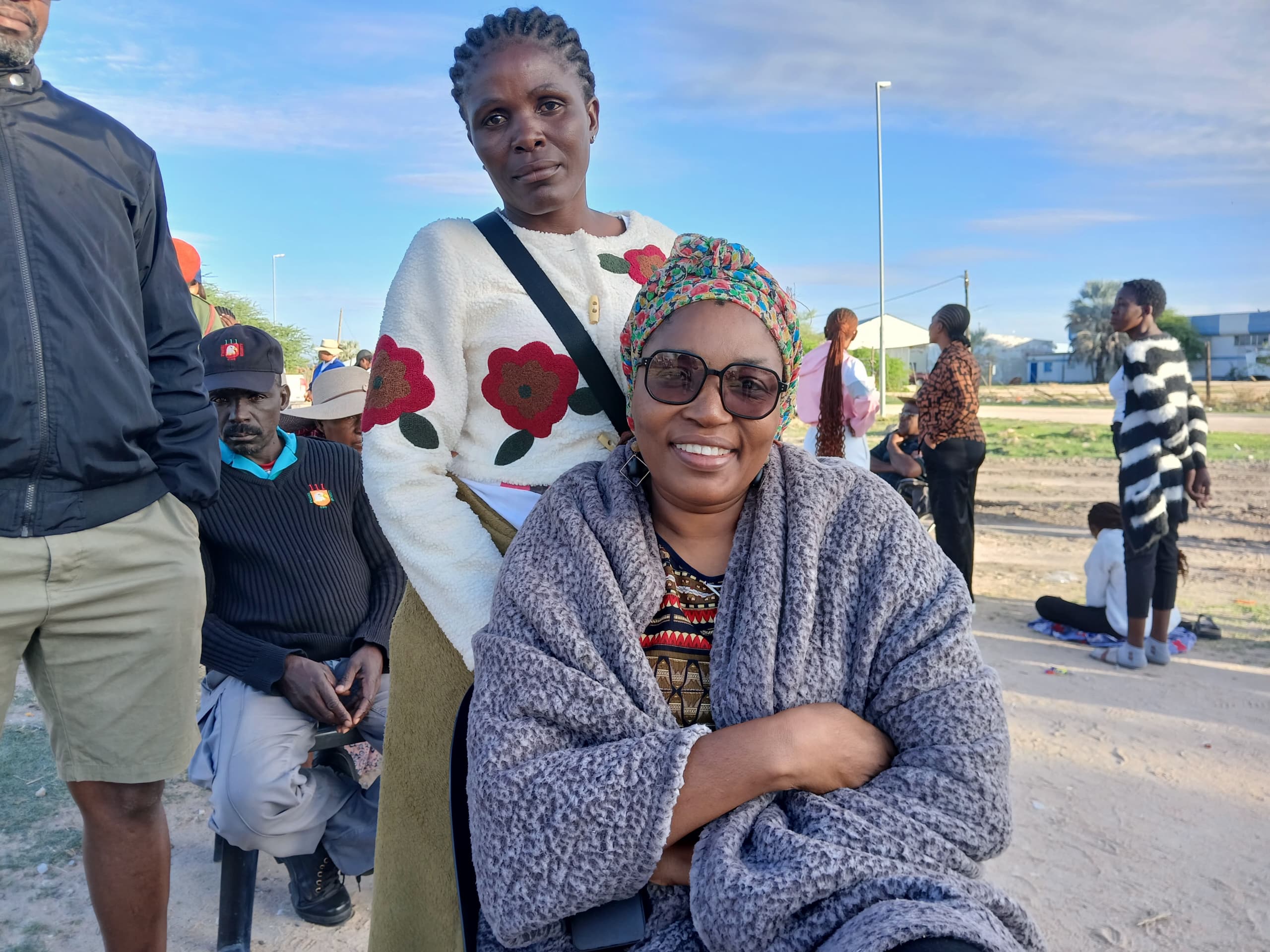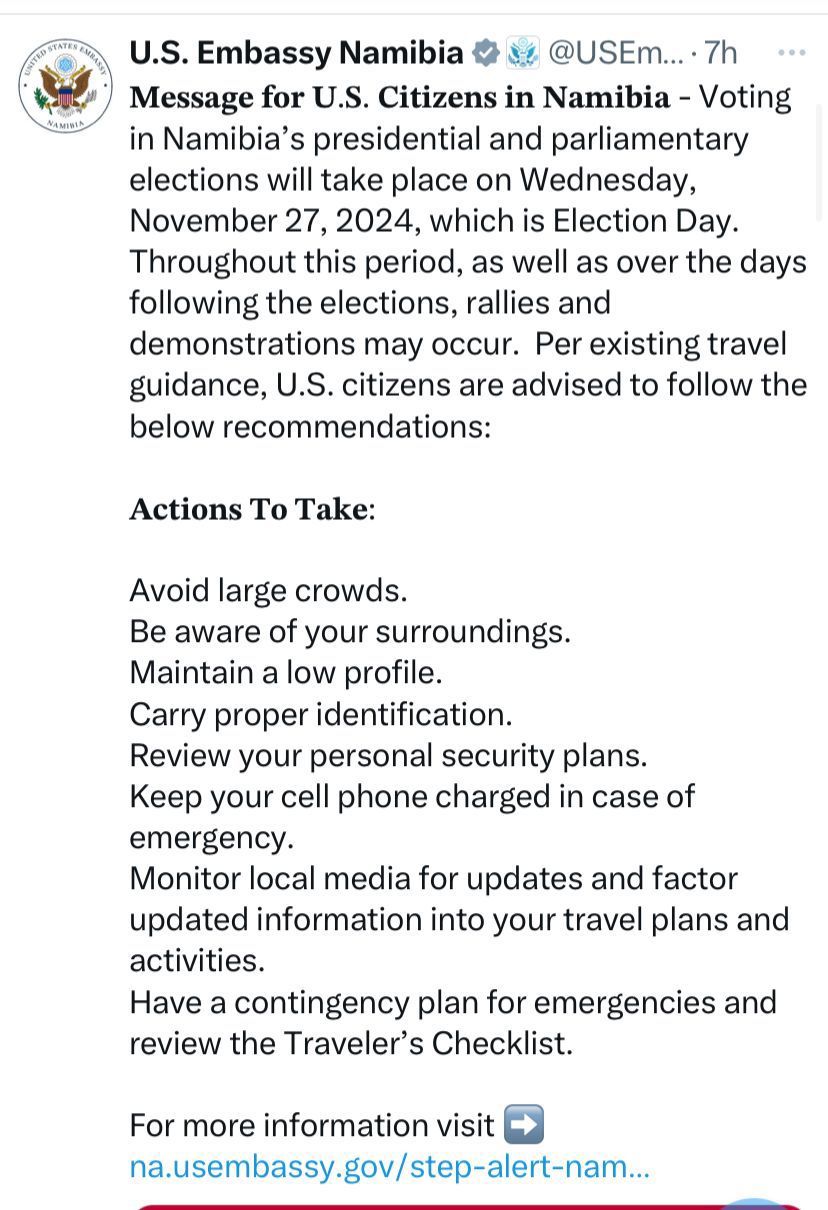KASENSERO – When you risk your life fishing on dangerous seas, a drink in the bars back on shore seems a welcome relief, but in Uganda, it has created a culture with staggering rates of HIV.
Exhausted from a night of hard fishing on the vast inland sea of Uganda’s Lake Victoria, fishermen come off the boats as the first rays of light glimmer at dawn.
Once the fish is sold and the nets untangled, some go home to their families, but most head straight for the bars of the town and the sex workers who hang out there, despite HIV rates soaring to at leastsixtimesthenational average.
Here, 43% of the popu- lation live with HIV com- pared to seven percent nationally: for a man seeking a sex worker, the rates and risks are likely to be far higher.
“The fishing communi- ties along the lakeshore are the places with the highest HIV prevalence rates in the country,” said Raymond Byaruhanga, chief doctor at the AIDS Information Centre in the Ugandan capital Kam- pala.
“The mindset of the fishermen is to say, ‘one day my boat will overturn and I will die. Therefore there’s no need to be scared of HIV, it will take several years to kill me’.”
Kasensero, a sleepy fishing port of some 10 000 people close to the Tanzanian border, has the dubious distinction of being the place where the first case of AIDS in Uganda was reported in the 1980s.
“Most of the fishermen are interested only in drinking and in women,” explainedJosuaMununu- zi, the owner of four boats.
In the 10 years he has worked, “nothing has changed”, he says, except the faces of the prostitutes hanging around in the narrow streets, where the smell of urine mingles with that of rotting rub- bish.
The good wages earned by fisherman attract a steady stream of sex workers from surrounding communities.
“Since it’s a fishing port, we get a lot of sex workers coming here,” said Kato Francis, a doctor at Kasensero’s run-down hospital.
Two factors explain the trend: the relatively high earning power of the fishermen and their ‘live for today’-mentality.
Sex workers typically come to the town for a few months, often during the peak fishing season.
They go back home with some savings – and very often HIV.
The going rate here for sex is as little as two dollars (1,5 euros), or up to three dollars for an especially valued lady. Sheyla came from the Ugandan capital Kampala two months ago, adding that her clients regularly ask for sex without a con-
dom. She says she refuses
systematically, but adds that the same cannot be said for all her colleagues.
“A friend of mine had sex with a man and when she took the condom off the man was bleeding,” she said. “I’m scared of that.”
Like most of the sex workers in town, Sheyla lives in a tiny room close to the bars.
Her knickers are hung up to dry in a corner and condoms are scattered on a bench, while a small bed with mosquito netting takes up half the room. With an average of five clients a day, she has saved up enough money to buy a small plot where she hopes to build a house. “It’s so risky going out onthelake,thatwhenthey come back they want to spend their money exactly as they wish, they know they could die the next day, so they don’t make plans for the future,” said boat owner Mununuzi. Storms are frequent on Lake Victoria and a wave can easily overturn the light boats that the fisher- men use. Few can swim and none wear life jackets. ApolinariYousters (57) has lived as a fisherman in Kasensero for the past 20 years. Three years ago he went to get tested for the first time and was found to be HIV positive. He has no idea when he became infected. Asked who might have
infected him he shrugs simply and says, “prosti- tutes or bar girls”.
Sex workers transmit the virus to the fishermen, who pass it on to other sex workers and to their wives. Sometimes the wives pass it on to other men while their husbands are away on the lake, often to traders who come to buy fish.
The flow of sex work- ers, traders and fishermen makes it very difficult to follow up on and treat pa- tients, Byaruhanga said.
A number of aid agencies have come to Kasensero in recent years to work on issues related to AIDS, Francis said, but adding sadly that “changes have been few and far between”.
Stay informed with The Namibian – your source for credible journalism. Get in-depth reporting and opinions for
only N$85 a month. Invest in journalism, invest in democracy –
Subscribe Now!






